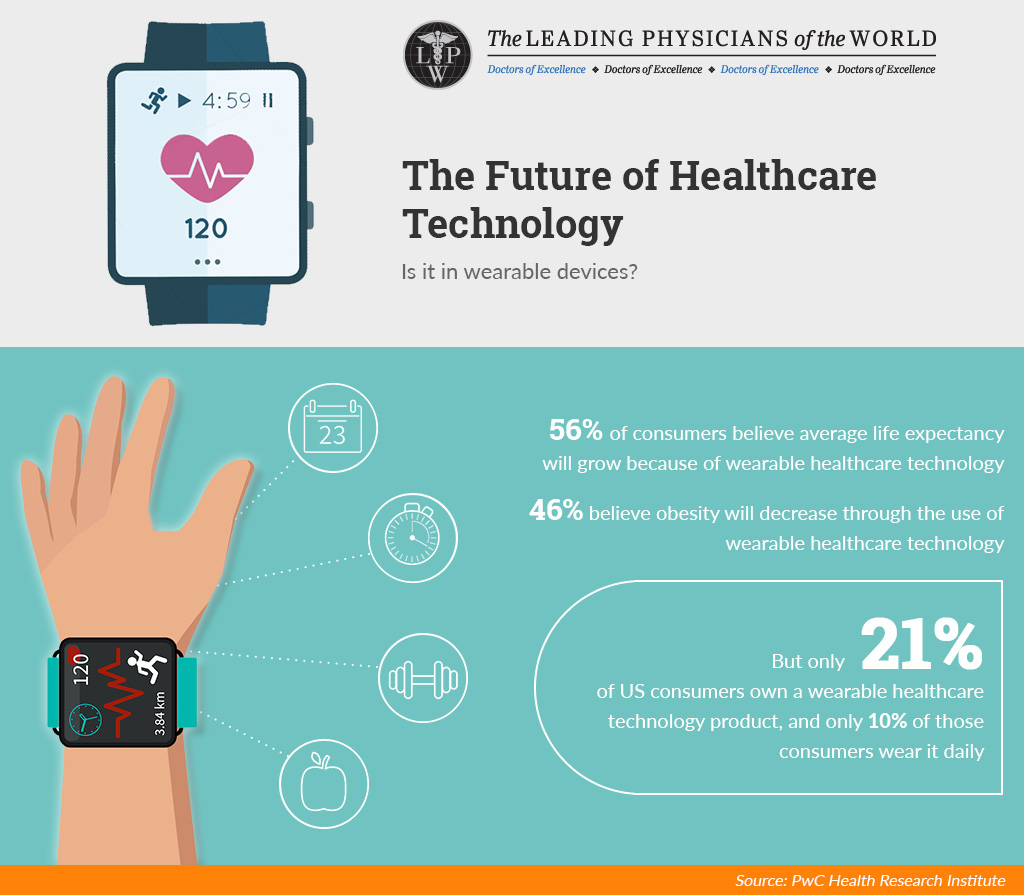Infographic:Future of Healthcare
This
industry track is open for any business who would like to learn about the
forces shaping the evolution of healthcare, and to understand what
opportunities exist for their business in this exciting market. Healthcare
systems today have to address a host of different challenges posed by medical
and scientific advancement. Developments in the field of genetics, information
technologies, and nanotechnology are enforcing a more individualized approach
to healthcare – often outside the hospital setting, while we have already seen
the rise of user-centric healthcare and increasing patient empowerment.
Concepts such as ‘the average patient’ are now viewed as outdated. And
standards within modern medical systems are measured by different parameters,
including: patient access to the best-available treatments and to non-institutionalized
care; compliance with treatments; and, even – patient choice.
Many agree that there is uncertainly ahead, but one thing is for sure: Technology will continue to expand and will continue to have a great impact on healthcare - The Leading Physicians of the World

For
companies active in healthcare this is a highly volatile and rapidly changing
environment to operate in, but only few have started thinking proactively about
what the future might look like. Many are too constrained by their standing
assumptions of how the industry has operated in the past, or they have a rather
narrow perspective. The Healthcare Industry Track will discuss many ambitious
ideas about possible developments in the field of healthcare. These glimpses
into the future of healthcare, provided by leading health, technology and
innovation experts, project a fascinating new world that could become very real
within the next few years.
The vision
for the future is one where, for instance, a GP uses their tablet ultrasound to
make a movie of a patient’s beating heart. When irregularities are noted, the
GP shares this immediately with a cardiologist to diagnose the patient and set
up a care plan there and then. There’s no need to make an appointment in weeks
or months – the issue can be dealt with in real-time. This is what we have
become accustomed to when booking flights, doing our finances or shopping
online.
It’s a
world where someone with a chronic condition has all their vital data streamed
to their care team who will probably know before the patient does that someone
needs to step in to provide support or treatment.
Patients
will still need specialists with expert knowledge, but the patient and
specialist don’t need to be in the same space at the same time. A network of connected care means several experts can look at
the case simultaneously. This would enable the early diagnosis of health issues
by constant monitoring before they become more serious.
This will
be normal practice within 10 years. The idea of maintaining people’s well being
rather than reacting to an episode makes sense. It will be hard changing a
system that is hard-wired to be more reactive, but that’s how it will be in the
future.
With the
growth of wearable technology and remote monitoring, in addition to
conventional patient records, there will be greater emphasis on gathering and analyzing
large amounts of data. This will support more personalized medicine where
treatment will be individually tailored to the patient.




Comments
Post a Comment